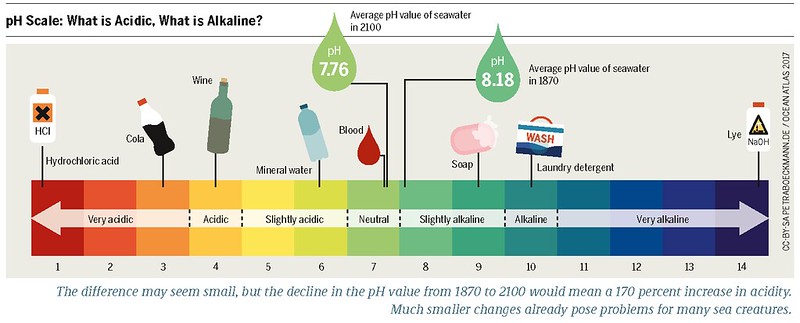The pH of tap water in New Zealand typically ranges from 7 to 8.5, indicating a slightly alkaline nature. This is due to the presence of alkaline minerals such as calcium, magnesium, sodium, and potassium in the water. Understanding the pH of tap water is crucial for maintaining the body’s natural balance and addressing potential health concerns.
Understanding the pH of New Zealand Tap Water
The pH scale ranges from 0 to 14, with 7 being neutral. Values below 7 are considered acidic, while values above 7 are alkaline. The NZ Drinking Water Standards guideline value for drinking water pH is 7-8.5, which means that water within this range is considered safe for consumption.
Factors Influencing the pH of Tap Water
The pH of tap water in New Zealand can be influenced by several factors, including:
- Mineral Content: The presence of alkaline minerals, such as calcium, magnesium, sodium, and potassium, can contribute to the slightly alkaline nature of the water.
- Water Treatment Processes: The water treatment methods used, such as disinfection and filtration, can affect the pH of the final product.
- Infrastructure and Plumbing: Aging infrastructure and private plumbing can introduce contaminants and chemicals that may impact the water’s pH.
Potential Health Implications
The slightly alkaline nature of New Zealand tap water can have both positive and negative health implications:
Positive Implications
- Balancing Body pH: The body’s natural pH is slightly alkaline (around 7.4), and consuming alkaline water can help maintain this balance, reducing the risk of acidity-related health issues.
- Reducing Inflammation: Alkaline water may help combat acidity in the connective tissues, potentially reducing inflammation and the associated pain in conditions like gout and arthritis.
Negative Implications
- Contaminants and Chemicals: Tap water may contain contaminants and chemicals, such as large debris, micro-organisms, lead, and other heavy metals, which can negatively impact water quality and health.
Addressing Water Quality Concerns
To ensure the safety and quality of tap water in New Zealand, it’s recommended to take the following steps:
- Flushing the Tap: Flush the drinking water tap for a minute or two before use, especially in the morning, to clear out any solids that may have settled overnight.
- Water Filtration: Consider using a water distiller or reverse osmosis machine to remove contaminants, such as nitrate-nitrogen, which has been linked to bowel cancer.
Conclusion
The pH of tap water in New Zealand is generally within the safe range of 7 to 8.5, indicating a slightly alkaline nature. While this can have some positive health implications, it’s essential to be aware of potential contaminants and chemicals that may be present in the water. By taking simple steps, such as flushing the tap and using water filtration systems, you can ensure the safety and quality of your tap water in New Zealand.
References:
- Bottled water: Better than tap? – Consumer NZ (https://www.consumer.org.nz/articles/is-bottled-water-better-than-tap)
- Water, lemons and alkalinity – aquadeli (https://www.aquadeli.co.nz/water-lemons-and-alkalinity/)
- Drinking water quality – Auckland – Watercare (https://www.watercare.co.nz/Water-and-wastewater/Water-treatment-and-supply/Drinking-water-quality)
- Water quality and monitoring – Christchurch City Council (https://ccc.govt.nz/services/water-and-drainage/water-supply/quality-and-monitoring/water-quality-and-monitoring)
- Can you drink tap water? : r/thetron – Reddit (https://www.reddit.com/r/thetron/comments/14zc0x8/can_you_drink_tap_water/)
- Is it safe to drink tap water in New Zealand? – Travel Stack Exchange (https://travel.stackexchange.com/questions/22885/is-it-safe-to-drink-tap-water-in-new-zealand)

